Advancing research into car seat modification
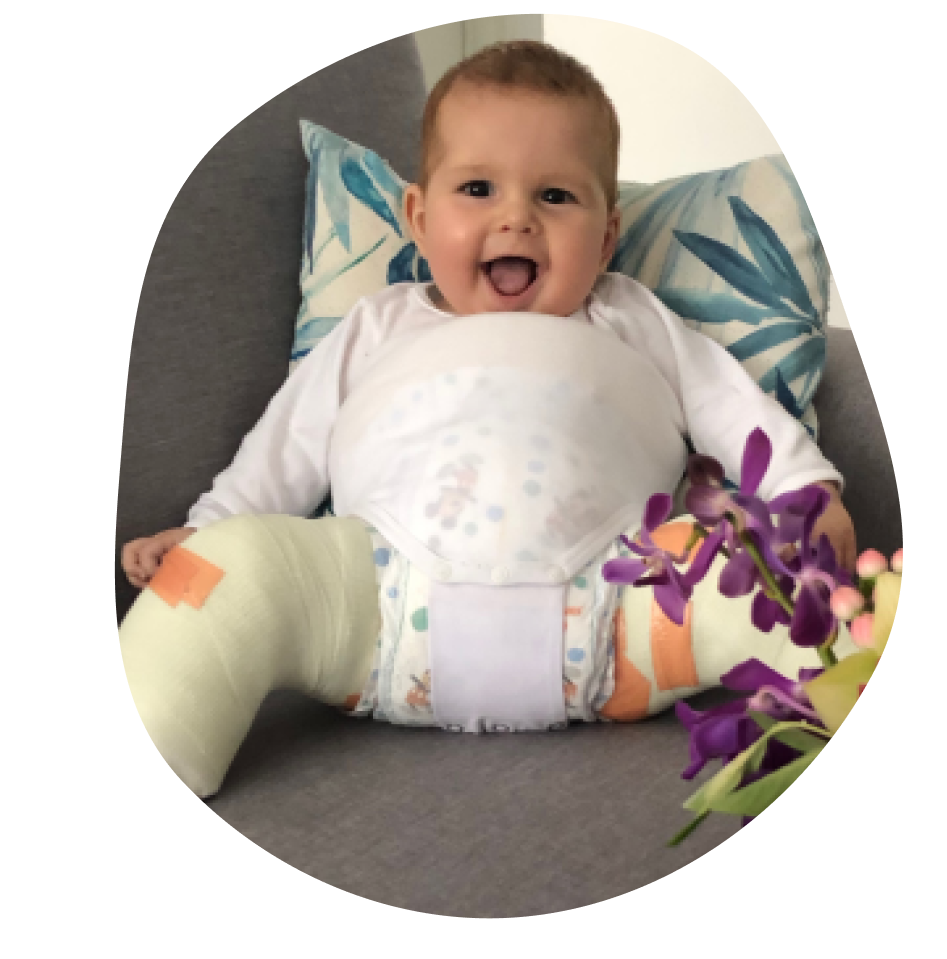
Project context
Modifying an Australian standard car seat is when items are used that are not supplied by or included in the child restraint manufacturer’s instructions. For example, additional padding, postural supports, extended crotch straps and buckle covers.
Modifying an Australian standard car seat means it no longer complies with the Australian standard (AS/NZS 1754) and may not perform as designed in the event of a crash.
Despite these risks, research shows a high prevalence of child restraint modification practice in Australia. This is not unexpected due to the historical lack of research and evidence informing this area of practice.
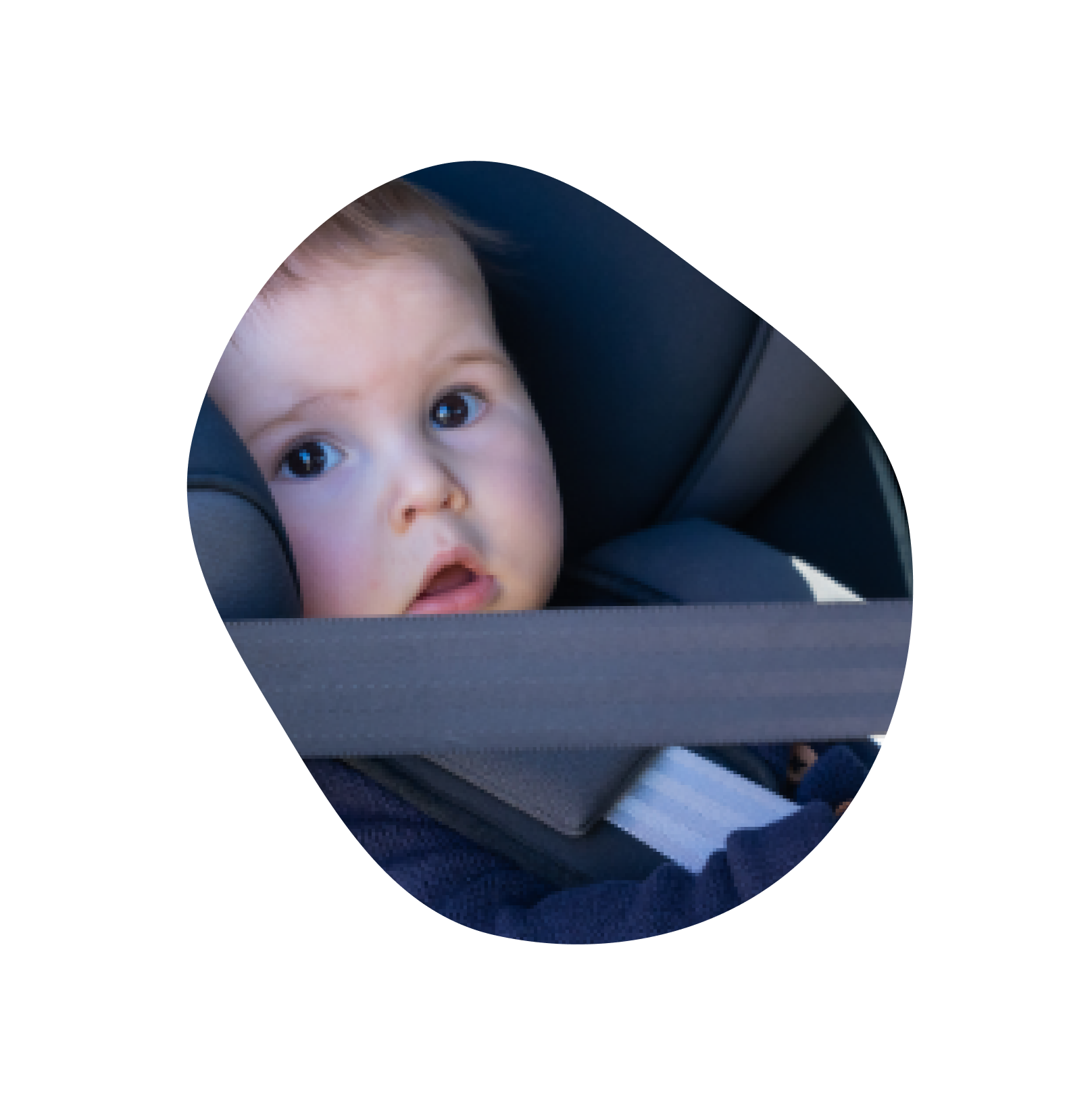
Aims
To develop the evidence base needed to guide practice in this area, Neuroscience Research Australia (NeuRA) is leading important research to:
- explore parents and health professionals’ current modification practices when transporting children with disabilities and medical conditions to identify priorities for future research in the area.
- investigate the effect of additional padding used for postural support on child occupants in forward facing child restraints.
- compare commonly used padding materials and locations of padding to determine how they affect a child’s safety in a crash.
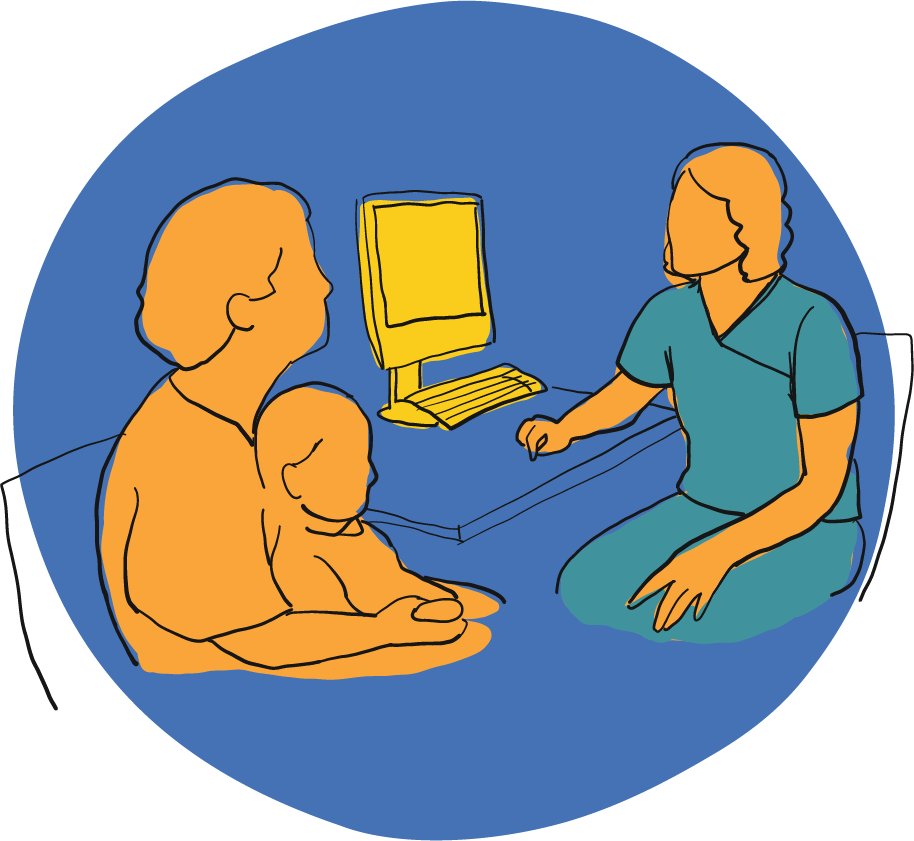
Stage one
This stage involved examining MACA’s national survey data.
The survey data showed a high prevalence of modification practice in Australia, with allied health professionals reporting prescribing, for example: chest cross straps (41%), additional padding (40%) and head support (37%).
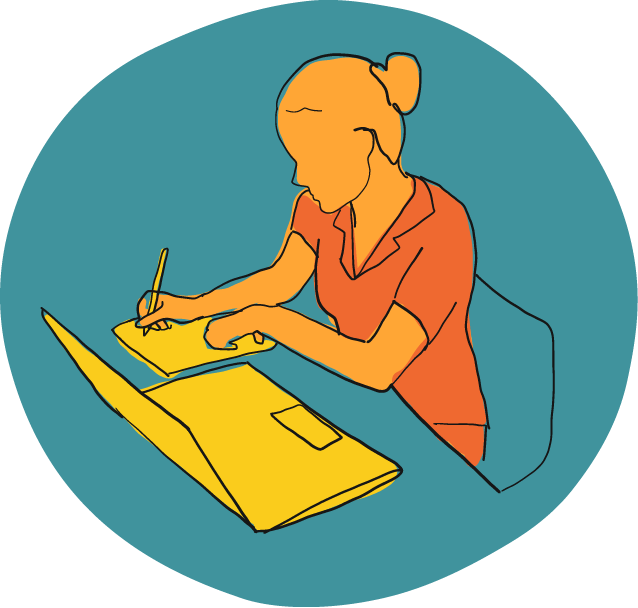
Stage two
To further investigate modification practices, two national online surveys were developed for parents and health professionals. Forty parents and 46 health professionals completed the survey.
Key survey findings:
- additional padding (specifically towels and nappies) for postural support was the most frequently used modification for both parents and health professionals
- specialty harnesses were most frequently used by health professionals (48%), with cross chest straps most frequently used by the surveyed caregivers (10%)
- more than two thirds of parents using modifications or additional accessories on the child restraint did not receive assistance in fitting the modification
- 62% of parents felt their child’s seating needs, with or without modification, were not met in their current restraint.
The authors concluded that further research (including crash testing) was needed.
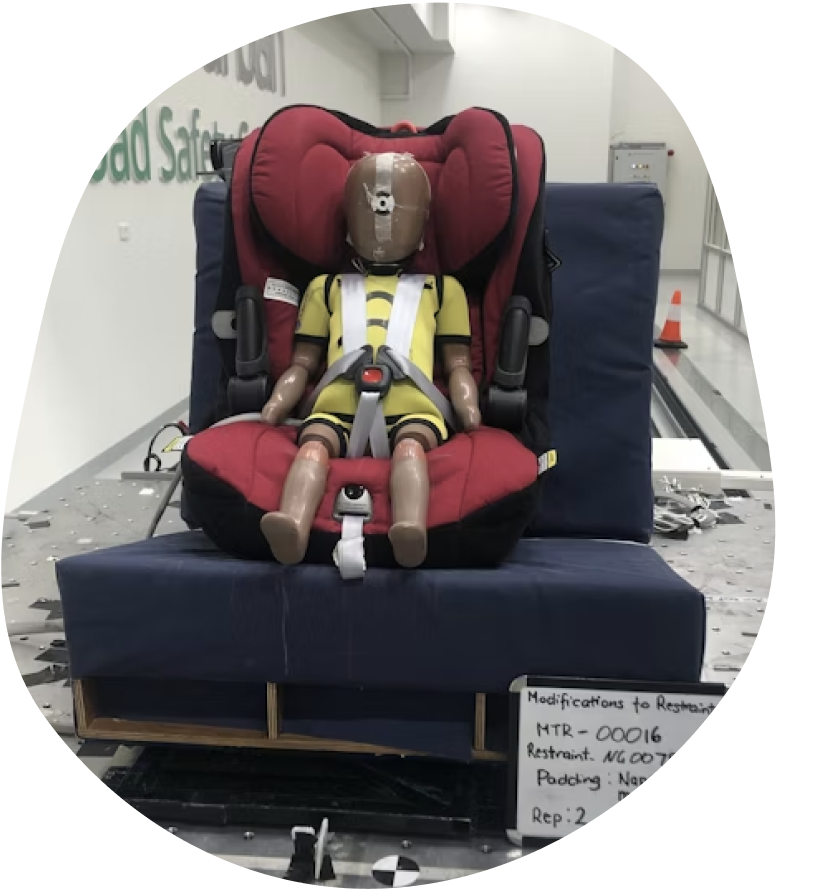
Stage three
Based on the survey findings, crash testing was undertaken to investigate the effect of additional padding (used for postural support) on crash protection for child occupants in Australian standard forward facing child restraints.
Forty frontal crash tests were conducted at NeuRA’s Transurban Road Safety Centre. Three padding materials were tested: cloth nappies/towelling; soft foam from general retailers and expanded polystyrene (EPS) foam.
These materials were positioned in various locations to support the child’s head, trunk, or legs within the restraint, based on reported locations from the NeuRA survey.
Key findings
The study found that that some forms of padding used for postural support for children with disability can significantly impact measures that increase injury risk.
The author’s reported several study limitations:
- study was limited to a single type of forward facing Australian standard child restraint with a Q1 dummy (equivalent to a one-year-old)
- only frontal impact testing was conducted.
The results therefore may not be applicable to other forward facing child restraints and cannot be applied to rearward facing child restraints, a larger child, or side impact crashes.
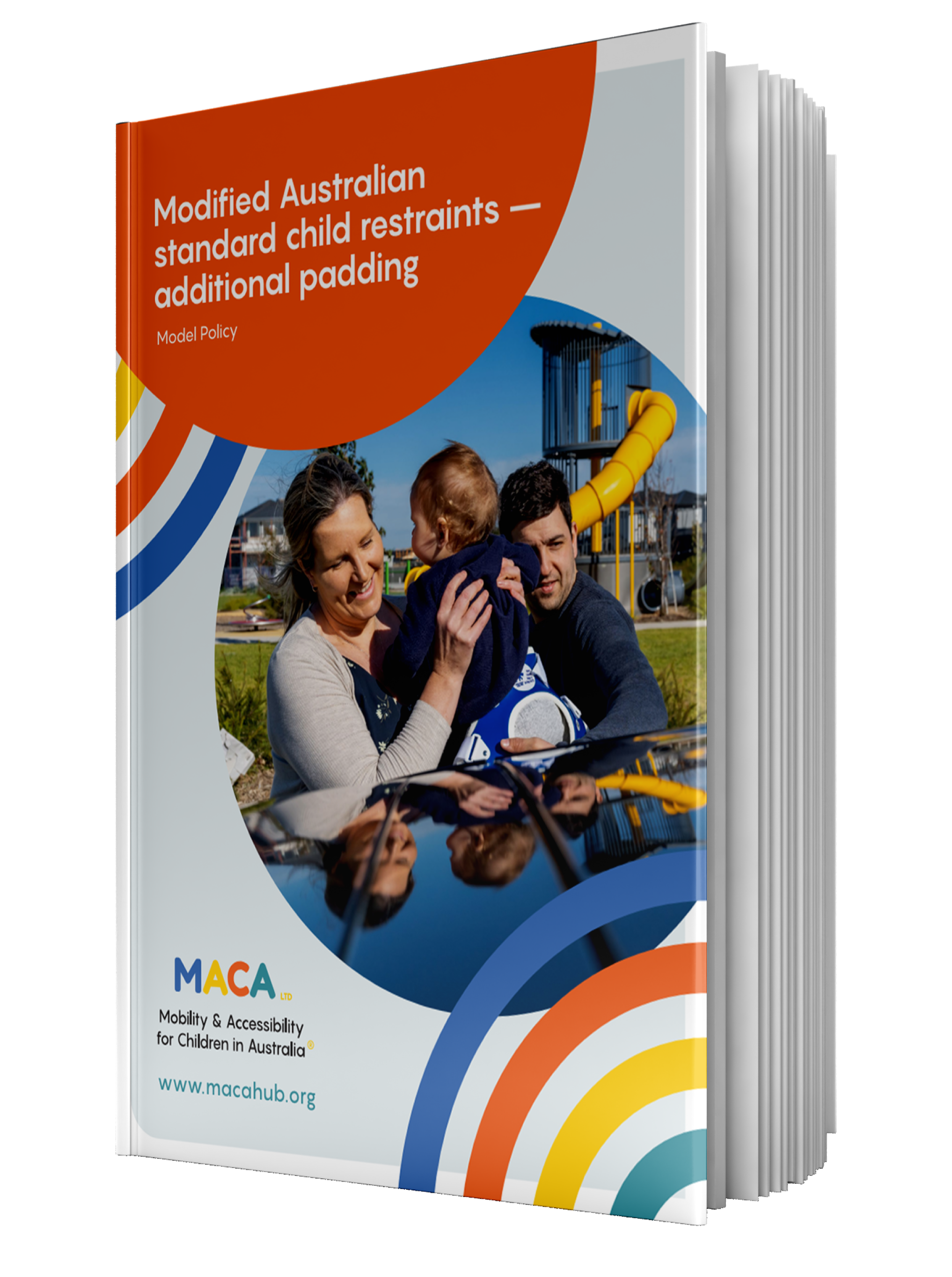
Model policy
MACA has developed a model policy that translates the research findings to assist organisations to develop evidence-informed policies, processes and practices.
The policy has been incorporated into MACA's training course for Australian allied health professionals.
Research papers
Two papers relating to this research can be downloaded below.
Meet the researchers

Lyndall Cook
Lyndall is an occupational therapist with a research focus on safe transportation of children with disabilities in motor vehicles. Lyndall has worked clinically in the field of equipment prescription and vehicle modification for passengers and drivers with injuries and medical conditions.

Professor Lynne Bilston
Lynne is a Senior Principal Research Scientist at NeuRA and Faculty of Medicine UNSW.
Co-Director of the Transurban Road Safety Centre, Lynne is supervising Lyndall’s PhD research project.




